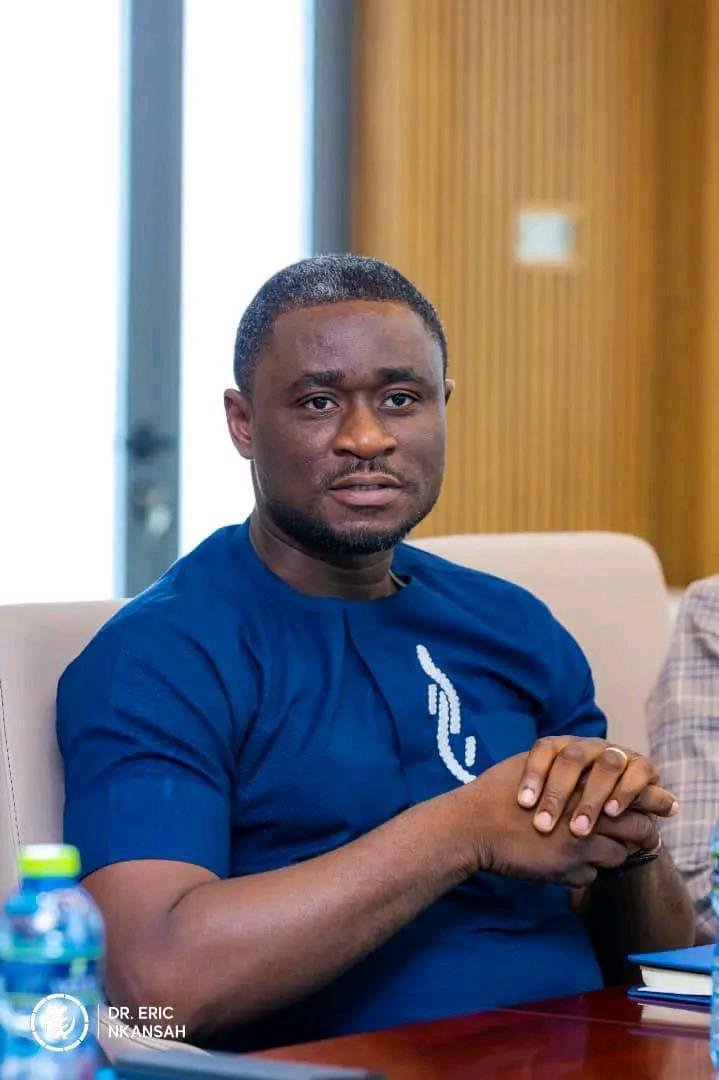
The writer
Ghanaians shouldn’t forget this early that in the annals of Ghanaian politics, few figures have been as polarising as former President John Dramani Mahama.
After a tenure characterised by economic hardship, allegations of corruption, and a perceived detachment from the populace, Mahama’s renewed bid for power raises critical concerns about the future direction of Ghana.
Infamous declaration
His infamous declaration, “I am a dead goat; I won’t listen to anyone,” epitomises a leadership style that many Ghanaians found disheartening and disconnected from their realities.
During Mahama’s presidency from 2012 to 2017, the Ghanaian economy faced significant challenges. His administration was marked by a severe energy crisis, popularly known as ‘dumsor’, which crippled businesses and disrupted daily life.
Inflation rates
Economic woes extended beyond power shortages; the cedi depreciated significantly, inflation rates soared, and public debt ballooned. These issues were exacerbated by allegations of corruption that marred his tenure, including high-profile scandals like the GYEEDA and SADA controversies, which eroded public trust and confidence in his ability to govern effectively.
Mahama’s own words often reflected a troubling disconnect from the needs and concerns of ordinary Ghanaians. His metaphorical description of himself as a “dead goat” who would not listen to criticisms suggested a leader impervious to feedback and change.
I believe that this attitude, combined with the economic mismanagement under his watch, painted a picture of a leadership out of touch with the very people it was supposed to serve. His analogy of the economy being akin to eating the meat and leaving only the bone starkly revealed the depletion of resources and opportunities available to Ghanaians.
Corruption
The corruption that tainted his administration cannot be overlooked. The period saw a proliferation of corrupt practices, with the government embroiled in numerous financial scandals.
The perception of widespread graft and the lack of accountability promoted a climate of disillusionment and distrust. For many Ghanaians, Mahama’s tenure became synonymous with inefficiency and corruption, leading to his defeat in the 2016 elections.
Now, as Mahama seeks a return to power, the question arises: what new vision does he offer for Ghana? The evidence suggests little has changed in his approach or policies. His bid appears to be less about presenting innovative solutions and more about reclaiming a position of influence and control.
Concerns
This raises serious concerns about Ghana potentially regressing to the challenges and mismanagement that defined his previous administration.
Ghana stands at a crossroads, where the choice of leadership will significantly impact its trajectory.
The country needs visionary leadership that can address current economic challenges, combat corruption, and foster a more inclusive and transparent government. Mahama’s track record provides scant reassurance that he is the leader to deliver this change. Instead, his desperation for power seems driven by a desire to return to the corridors of authority rather than a genuine commitment to the progress and welfare of Ghana.
John Dramani Mahama’s bid for the presidency poses a risk of returning to a past fraught with economic mismanagement and corruption. His leadership style and past record suggest he has little new to offer. For Ghana to move forward, it needs fresh ideas and leaders who listen to and address the needs of their people, ensuring progress and prosperity for all. Dr. Alhaji Mahamudu Bawumia will take Ghana far, not the dead goat.
The writer is an Executive Assistant to the CEO of the National Service Scheme (NSS). Email: ananaakuffo1@gmail.com





